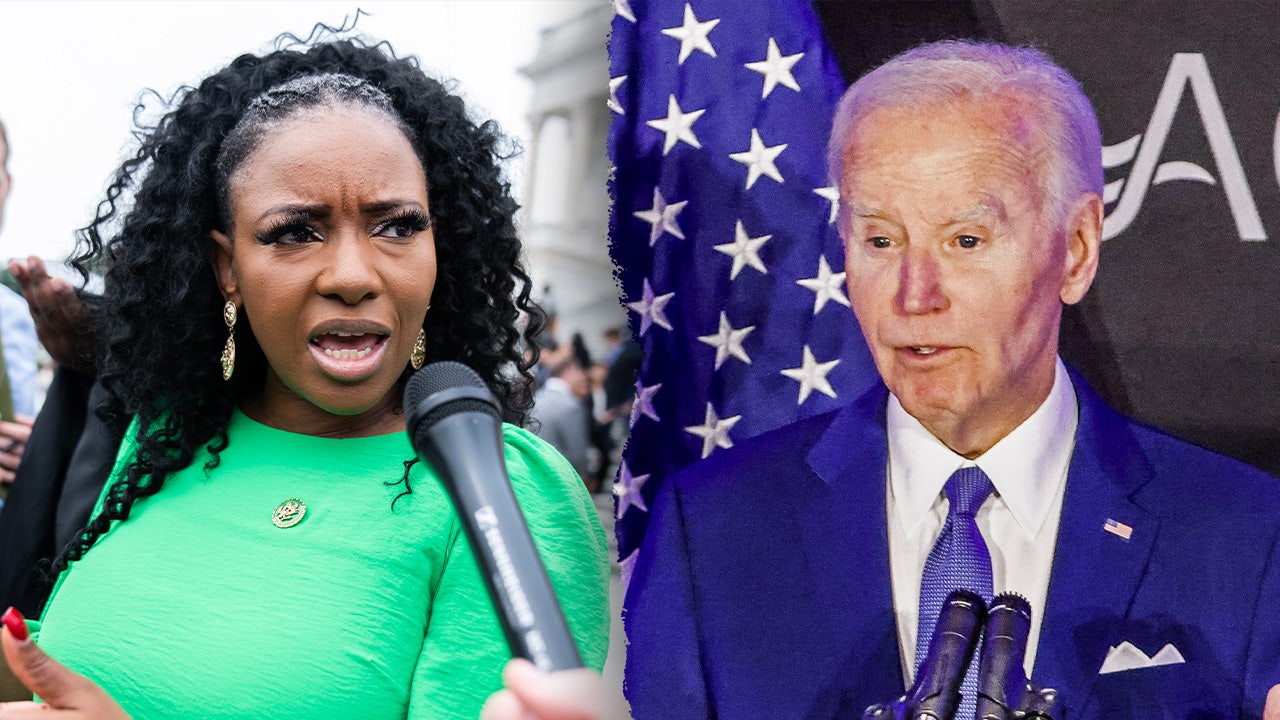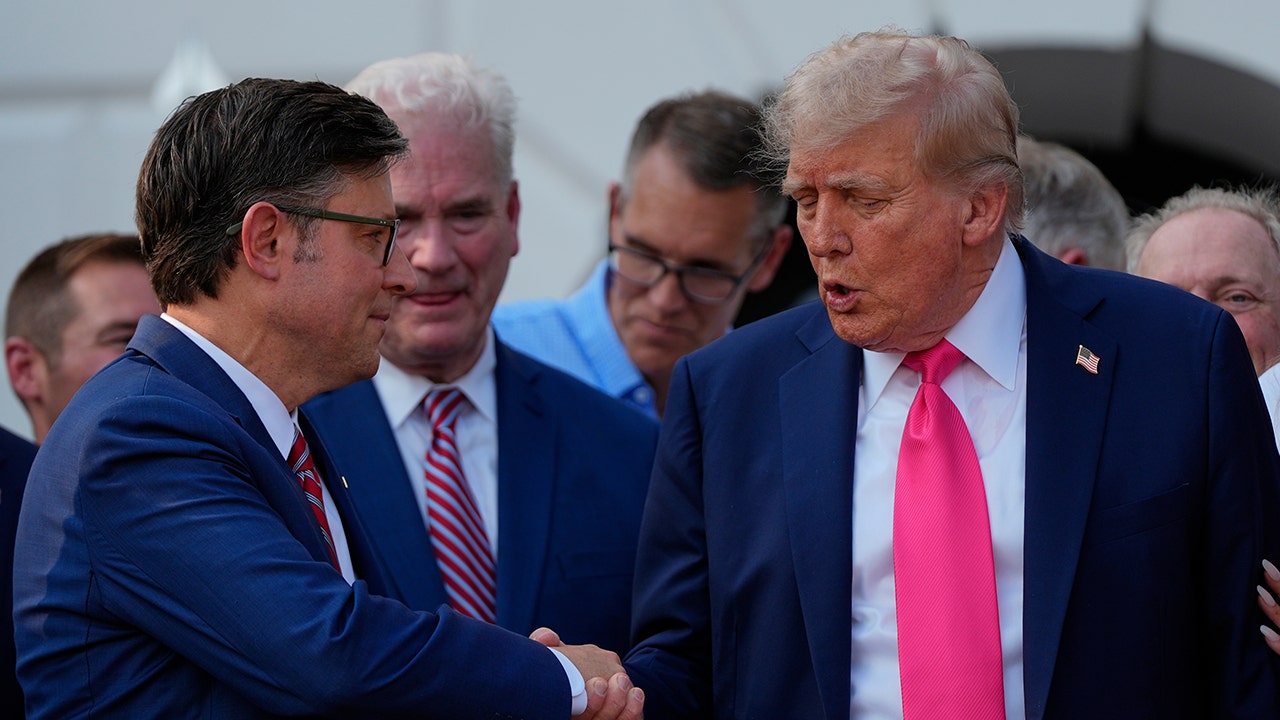Senate GOP pushes Trump budget framework through after marathon vote series

The Senate recently approved changes to the House’s budget resolution after a long series of amendment votes that highlighted key issues such as tariffs and the Department of Government Efficiency (DOGE). The vote, which passed mostly along party lines in a 51 to 48 vote, signifies a significant step in the budget process.
One of the major changes in the amended framework is the increase in the debt ceiling by up to $5 trillion within the reconciliation process. This move effectively takes future leverage away from Senate Democrats and sets the stage for important fiscal decisions. Additionally, the amended budget resolution makes President Trump’s 2017 tax cuts permanent by using a current policy baseline, which essentially means that the cost of making the tax cuts permanent would be factored at $0.
Budget reconciliation, which lowers the vote threshold in the Senate from 60 to 51, is seen as a crucial tool for Republicans to push through key priorities without needing Democrat support. This has been a cornerstone of Washington’s Republican trifecta strategy to deliver on Trump agenda items.
The Senate’s Friday night “vote-a-rama” was a marathon session triggered by the motion to proceed to the budget resolution amendment. This allowed for a day of debate and the introduction of numerous amendments by senators from both parties. The budget resolution addresses important issues such as border funding for the Trump administration and the extension of the 2017 tax cuts.
Initially, there was disagreement between House and Senate Republicans on how to structure the budget reconciliation resolution. However, the House’s approach, which included both border funding and tax cuts in one bill, ultimately prevailed. This decision was supported by President Trump.
Despite the progress made in the budget process, Republicans are not entirely united on the issue of budget reconciliation. The ongoing discussions and negotiations underscore the complexity of crafting a budget resolution that satisfies all parties involved.
In conclusion, the Senate’s approval of changes to the House’s budget resolution marks a significant milestone in the budget process. The amendments made, particularly regarding the debt ceiling and tax cuts, have far-reaching implications for the country’s fiscal future. As the budget resolution moves forward, it will be crucial for lawmakers to work together to address key issues and reach a consensus that benefits all Americans.




